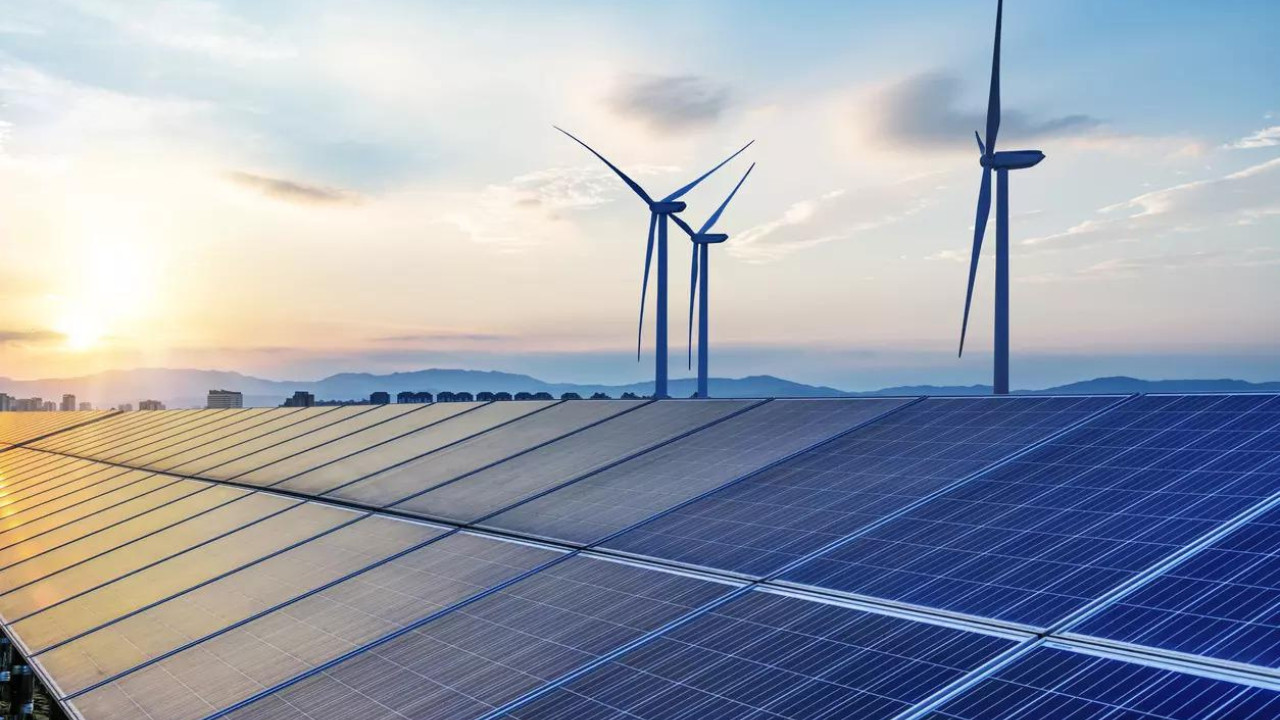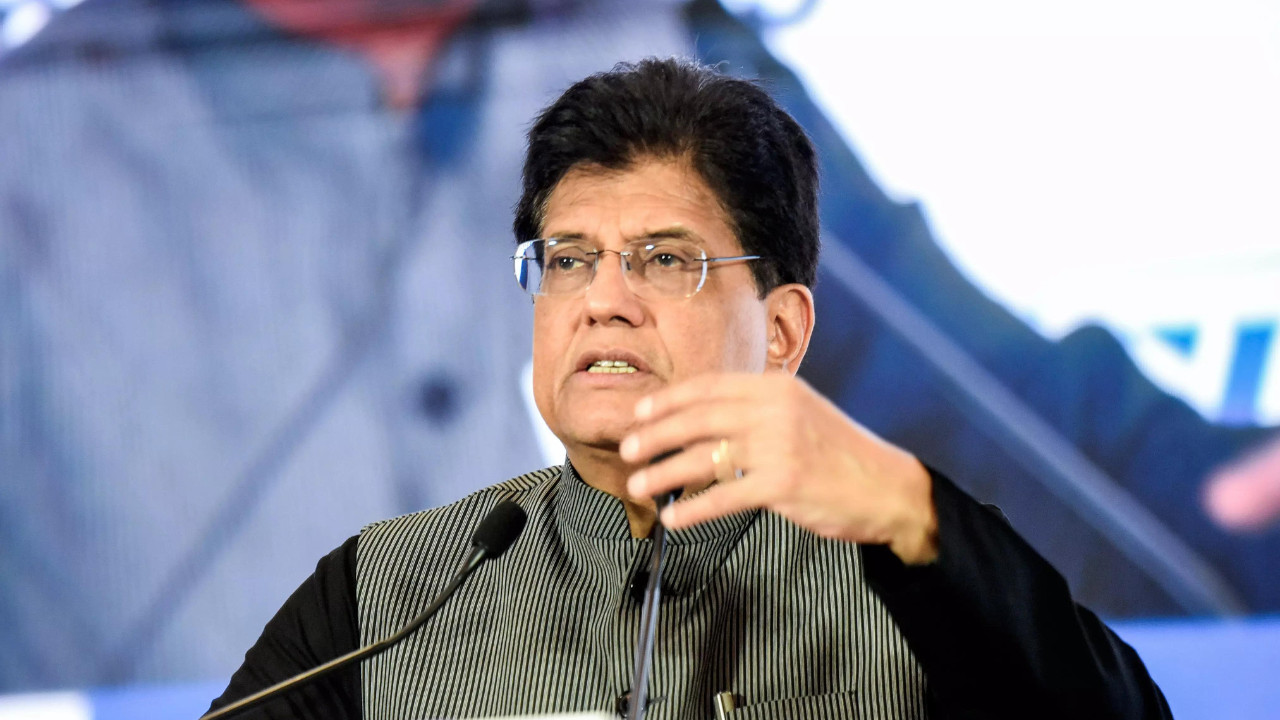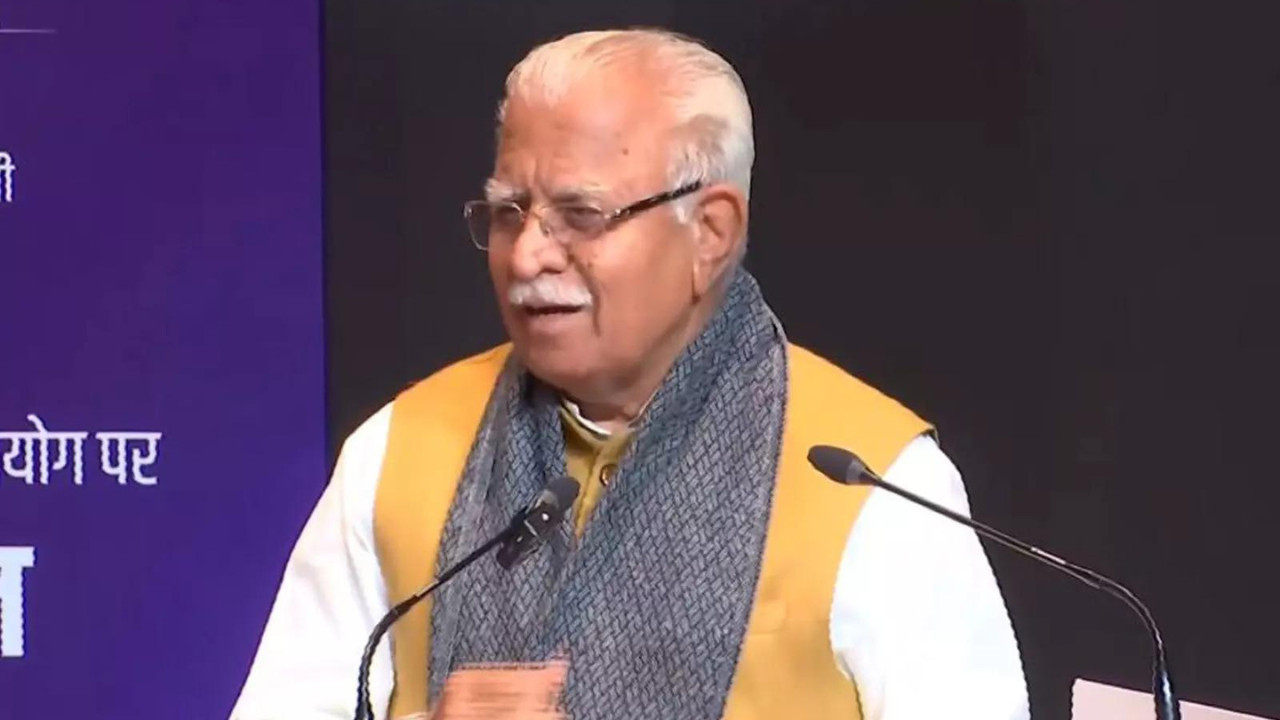A US trade court ruling against Trump’s reciprocal tariffs could force the administration to refund billions in collected import duties. The court determined that the International Emergency Economic Powers Act (IEEPA) did not authorize the tariffs, leading to an appeal by the government.
Trump’s Tariff Tango: Will Uncle Sam Cough Up Billions?
Okay, buckle up, because trade wars, international law, and potentially HUGE refunds are on the table. Remember those hefty tariffs the Trump administration slapped on imports from China? Well, those chickens might be coming home to roost, and they’re clucking for billions of dollars.
Let’s rewind. Back in 2018, the U.S., under then-President Trump, decided to play hardball with China, imposing tariffs on a vast range of goods. The idea, in theory, was to level the playing field, protect American industries, and, well, put the squeeze on Beijing. The impact? Companies importing goods from China suddenly faced significantly higher costs. And, as we all know, those costs often trickle down to consumers in the form of higher prices.
Now, here’s where things get interesting. China challenged these tariffs at the World Trade Organization (WTO), the international body that’s supposed to be the referee of global trade. China argued – and this is crucial – that the U.S. tariffs violated international trade rules. They claimed the tariffs weren’t applied equally to all WTO members (a core principle of the organization) and that they exceeded the limits allowed under WTO agreements.
In plain English, China was saying, “Hey, these tariffs are unfair and break the rules of the game!”
And guess what? The WTO largely agreed. The WTO dispute settlement panel ruled that some of the U.S. tariffs were indeed inconsistent with WTO obligations. Now, the U.S. appealed this decision, effectively stalling the process. But the appellate body of the WTO is currently non-functional due to the U.S. blocking appointments of new judges during the Trump administration (an irony not lost on anyone). This leaves the original WTO ruling hanging in the air, a potentially very expensive sword of Damocles over the U.S.
So, what’s the big deal? Why should we care? Well, if the WTO ruling stands, and even with the appellate body stalled, it carries considerable weight in the international community, the U.S. could be facing a mountain of refund claims. We’re talking potentially billions of dollars owed to companies who paid those tariffs.
Think about it: companies like yours and mine, or maybe even the local hardware store, all having paid extra for goods they import. If the tariffs are deemed illegal, shouldn’t they be compensated?
The legal argument centers around the “most favored nation” principle. The WTO generally requires countries to treat all their trading partners equally. China argued that the U.S. tariffs targeted specifically at them were discriminatory and therefore violated this principle.
Now, the U.S. government under the Biden administration is in a tricky spot. On one hand, they inherited this mess. On the other, upholding international trade rules is crucial for maintaining the global economic order. Ignoring the WTO ruling could weaken the organization and embolden other countries to disregard trade rules. Refunding the tariffs, however, could be seen as an admission of wrongdoing by the previous administration – a politically thorny issue.
Furthermore, it would likely spark a feeding frenzy of refund claims. Every importer who paid those tariffs would be lining up, demanding their money back. The administrative nightmare alone would be significant, let alone the financial impact on the U.S. Treasury.
What’s likely to happen? That’s the million-dollar – or rather, billion-dollar – question. Several scenarios are possible. The U.S. could attempt to negotiate a settlement with China, perhaps offering concessions on other trade issues in exchange for dropping the tariff challenge. This seems like the most politically palatable option.
Alternatively, the U.S. could try to find a way to comply with the WTO ruling without fully refunding the tariffs. Perhaps they could adjust the tariffs to comply with WTO rules, effectively making them legal, while avoiding a massive payout. This could involve applying the same tariffs to other countries, thus removing the discriminatory aspect.
Finally, the U.S. could simply ignore the WTO ruling. However, this would damage the U.S.’s credibility as a champion of the rules-based international order and could invite retaliatory measures from China and other countries. It’s a risky move, one that could have significant long-term consequences for global trade.
The whole situation underscores the complexities of international trade and the potential pitfalls of protectionist policies. While tariffs can sometimes be a useful tool, they can also backfire, leading to legal challenges, trade disputes, and ultimately, higher costs for consumers.
Ultimately, the fate of these tariffs, and the billions of dollars potentially owed, hangs in the balance. It’s a complex situation with significant implications for businesses, consumers, and the global economy. Keep an eye on this one – it’s far from over.
📬 Stay informed — follow us for more insightful updates!







